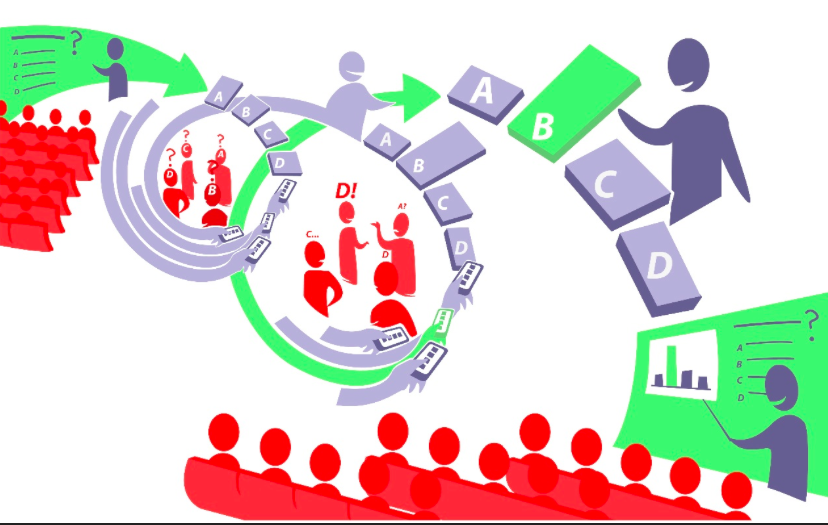Hanging out with parents boosts teen self-esteem
 Chun Bun Lam, Susan M. McHale, and Ann C. Crouter (2012). Parent–Child Shared Time From Middle Childhood to Late Adolescence: Developmental Course and Adjustment Correlates, Child Development, November/December 2012, Volume 83, Number 6, Pages 2089–2103
Chun Bun Lam, Susan M. McHale, and Ann C. Crouter (2012). Parent–Child Shared Time From Middle Childhood to Late Adolescence: Developmental Course and Adjustment Correlates, Child Development, November/December 2012, Volume 83, Number 6, Pages 2089–2103
Posted by A’ndrea Elyse Messer-Penn State
Despite their increasing independence, teens continue to spend time with their parents and this shared time is important for their well-being, say researchers.
“The stereotype that teenagers spend all their time holed up in their rooms or hanging out with friends is, indeed, just a stereotype,” says Susan McHale, professor of human development and director of the Social Science Research Institute at Penn State.
“Our research shows that, well into the adolescent years, teens continue to spend time with their parents and that this shared time, especially shared time with fathers, has important implications for adolescents’ psychological and social adjustment.”
The researchers studied whether the stereotype of teens growing apart from their parents and spending less time with them captured the everyday experiences of families by examining changes in the amount of time youths spent with their parents from early to late adolescence.
On five occasions over seven years, the team conducted home and phone interviews with mothers, fathers, and the two oldest children in almost 200 white, middle- and working-class families living in small cities, towns, and rural communities. At the start of the study, the oldest children in each family were about 11 and the second oldest were about 8 years old.
During the home interviews, teens reported on their social skills with peers and their self-esteem. After each home visit, the researchers also conducted a series of seven nightly phone interviews, asking teens about their activities during the day of the call, including who participated in the activities with them.
According to youths’ reports of their daily time, although parent-teen time when others were also present declined from the early to late teen years, parent-teen time with just the parent and the teen present increased in early and middle adolescence—a finding that contradicts the stereotype of teens growing apart from their parents.
“This suggests that, while adolescents become more independent, they continue to have one-on-one opportunities to maintain close relationships with their parents,” McHale says.
Furthermore, teens who spent more time with their fathers with others present had better social skills with peers, and teens who spent more time alone with their fathers had higher self-esteem.
The researchers also found that the decline in the time teens spent with parents and others was less pronounced for second-born than for first-born siblings. They also found that both mothers and fathers spent more time alone with a child of their same gender when they had both a daughter and a son.
Other authors of the paper include Ann C. Crouter, Dean of the College of Health and Human Development and professor of human development, and Chun Bun Lam, doctoral student in human development and family studies when the research was performed.
The Eunice Kennedy Shriver National Institute of Child Health and Human Development funded this study.













